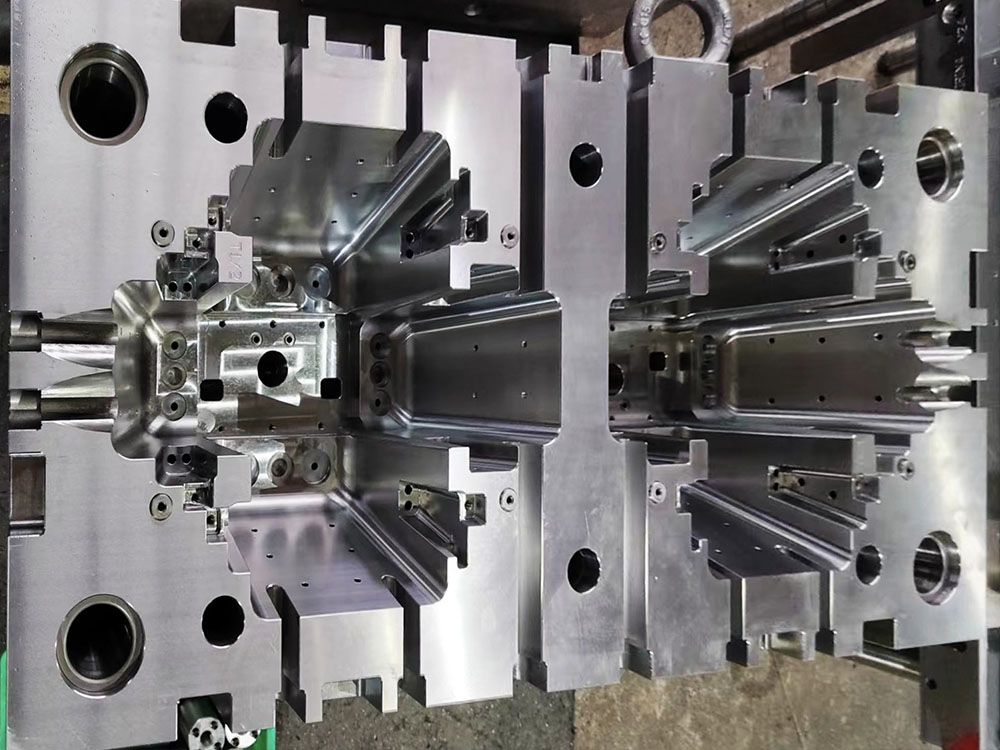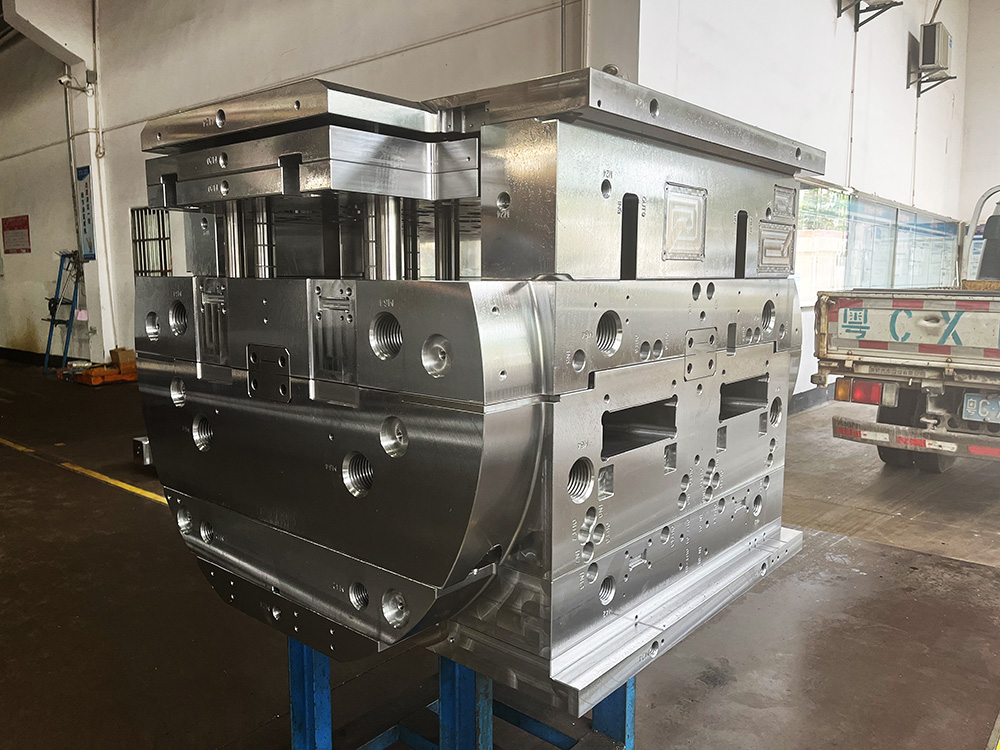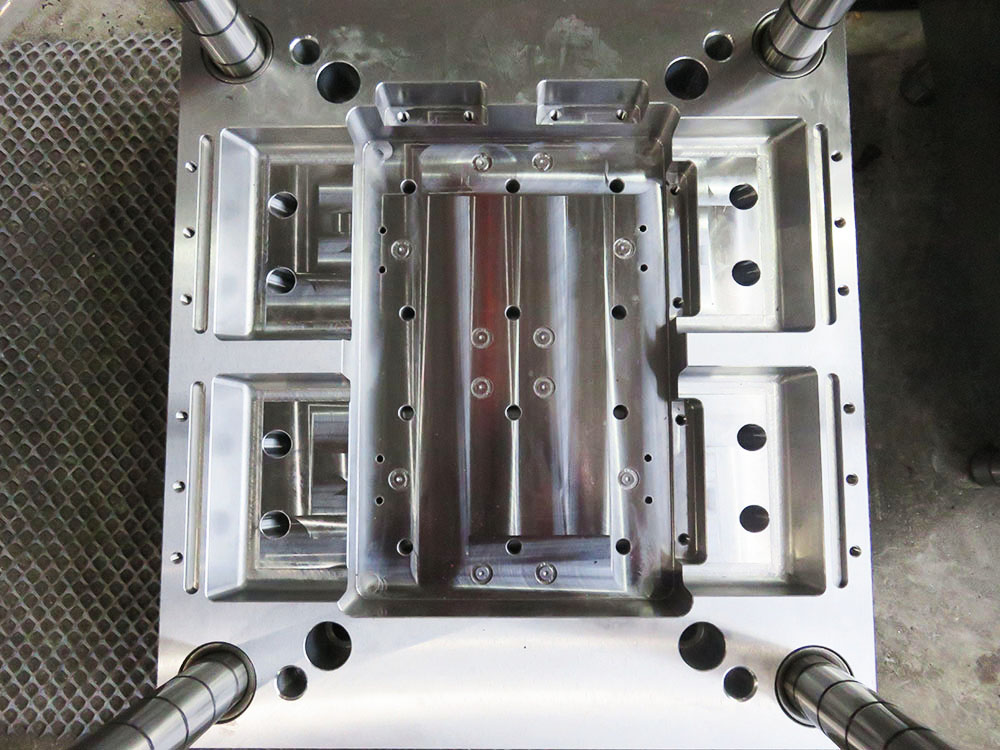Mold Base: Understanding the Industry and its Impact
Mold bases play a crucial role in the manufacturing process of various industries, including plastics, automotive, electronics, and more. They provide the foundation for creating molds used in the production of a wide range of products. In this article, we will explore the mold base industry, its significance, and the key considerations involved in its operations.
1. Overview of the Mold Base Industry
The mold base industry focuses on the design, development, and manufacturing of mold bases used in injection molding, blow molding, die casting, and other manufacturing processes. Mold bases serve as the framework for creating molds that shape raw materials into final products.
The industry encompasses various components, including plates, pins, bushings, cavities, and ejector systems, among others. These components are made from high-quality materials such as steel or aluminum to ensure durability, precision, and performance.
2. Importance of Mold Bases
Mold bases are critical to the success of the manufacturing process. They determine the final shape, size, and quality of the products being manufactured. Here are some key reasons why mold bases are of utmost importance:
a) Accuracy and Precision: Mold bases provide the necessary stability and precision required for creating high-quality molds. They ensure that the dimensions and specifications of the final product are met consistently.
b) Cost Reduction: By utilizing standardized mold bases, manufacturers can significantly reduce the time and cost involved in developing customized molds. Standardization allows for easy interchangeability and faster production cycles.
c) Efficiency and Time-Saving: Well-designed mold bases expedite the manufacturing process by simplifying the assembly and disassembly of molds. This enhances productivity, minimizes downtime, and increases overall operational efficiency.
3. Key Factors in the Mold Base Industry
Operating in the mold base industry requires careful consideration of various factors to ensure optimal production and client satisfaction. Below, we outline some key aspects that mold base manufacturers and users need to keep in mind:
a) Material Selection: The choice of material for mold bases is crucial. Materials like pre-hardened or stainless steel offer high strength, durability, and resistance to wear and tear. Aluminum mold bases, on the other hand, provide excellent heat transfer properties for enhanced productivity.
b) Customization and Standardization: Balancing the need for customization and standardization is essential. While customized mold bases allow for unique manufacturing requirements, standardized mold bases promote efficiency and cost reduction.
c) Maintenance and Cleaning: Regular maintenance and cleaning of mold bases are necessary to ensure their longevity and optimal performance. Specialized cleaning agents and techniques are used to remove debris, oils, and other contaminants that may affect mold quality.
4. Future Trends and Innovations
The mold base industry is constantly evolving to meet the ever-changing demands of the manufacturing sector. Here are some future trends and innovations that are likely to impact the industry:
a) Advanced Materials: Continued research and development efforts are focused on using new materials for mold bases, offering improved performance, longevity, and cost-effectiveness.
b) Digitalization: The adoption of digital technologies, such as computer-aided design (CAD) and computer-aided manufacturing (CAM), is transforming the mold base industry. These technologies streamline the design and manufacturing processes, reducing time-to-market and enhancing precision.
c) Automation: Automation in mold base manufacturing is gaining traction, allowing for increased efficiency, reduced labor costs, and improved quality control.
Conclusion
The mold base industry plays a vital role in the manufacturing sector, enabling the production of high-quality molds for a wide range of products. The accuracy, durability, and cost-effectiveness of mold bases are essential considerations for manufacturers. By embracing advancements in materials, technology, and processes, the mold base industry is poised to support the growth and innovation of various manufacturing fields.




